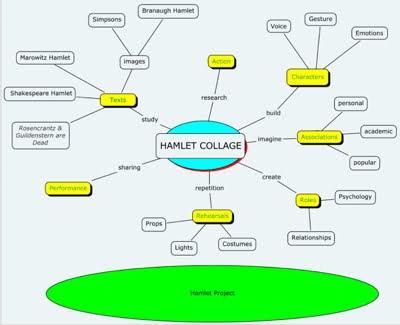Jessica a Ceremony

Jessica a Ceremony is a reimagined reworking of Jessica by Maria Campbell and Linda Griffiths. The book of Jessica: A Theatrical Transformation documents the collaboration between Maria Campbell, Metis writer, playwright, filmmaker, scholar, teacher, community organizer, activist and elder and Linda Griffiths (1953-2014), a Canadian actress, producer, writer and one of Canada's most lauded modern theatre voices as together they created the award winning play Jessica . To honour the 45th anniversary of Maria Campbells's memoir Halfbreed (1973), regarded as a foundational work of Indigenous literature in Canada, the E.D. Feehan Theatre Guild brings you the story of a young Metis girl struggling to find her voice. A story that resonates even more today. The cast diligently sourced the original script by improvising around scenes to develop their own path which they wish to share with you. We welcome you to join us on our journey. Elder Vitaline conjures up the spir...

